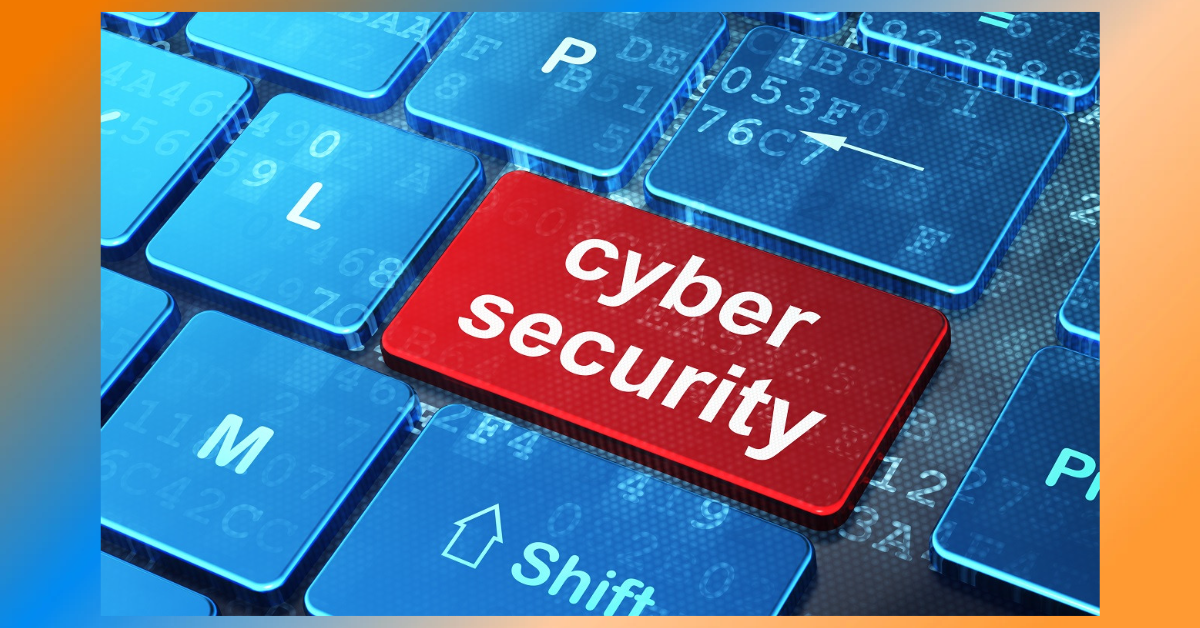Cybersecurity is an important issue in the Philippines, as in any country. The archipelago is vulnerable to cyber threats such as phishing, ransomware, and other types of malware, as well as cybercrime like online fraud and identity theft. The country has taken steps to improve its cybersecurity posture, including establishing a national cybersecurity plan and creating a cybersecurity agency, the National Computer Emergency Response Team (NCERT).
According to the Department of Information and Communications Technology (DICT), the Philippines has only some 200 certified cybersecurity experts as compared to our ASEAN neighbor Singapore, which has around 3,000. As a bandaid solution, the DICT eyes conducting cybersecurity short-course training programs to patch the talent gap in cybersecurity experts.
Senator Win Gatchalian, who also is the current Chairman of the Senate Committee on Basic Education, believes that developing talent for cybersecurity should start from basic education.
The legislator stressed the need to increase enrollment in the Science, Technology, Engineering, and Mathematics (STEM) strand of senior high school, where potential cybersecurity talents can be developed. Sen. Gatchalian pointed out that there were only 612,857 senior high school students enrolled under the STEM strand, which is equivalent to only 16% of senior high school enrollment.

“Even in our basic education system, where we could potentially cultivate the talent going into cybersecurity, it’s virtually non-existent. When it comes to coding, for example, I think it should be introduced as early as junior high school level so that students will be exposed and by the time they reach senior high school, they can actually do more complex tasks related to information technology. When they move to college, they can already specialize in various fields,” according to Sen. Gatchalian, who suggested that skills related to cybersecurity should be taught at the earliest possible opportunity.
The lawmaker has filed Senate Bill No. 476 or the Equitable Access to Math and Science Education Act, which seeks to build a math and science high school in the country’s provinces.
Earlier this year, cybersecurity company Kaspersky Security Network reported that for 2021, more than 50 million web threat attempts were foiled in the Philippines, making the country the fourth most targeted by cybercriminals. The same report revealed cyberthreats detected in the Philippines rose sharply by 433% from 2017 to 2021.
Sen. Gatchalian also emphasized how gaps in cybersecurity are harmful to the Philippine economy. In 2021, a study by digital communications technology conglomerate Cisco revealed that 57% of small and medium-sized businesses in the country encountered a cyberattack, 73% of which lost customer information. Among these businesses, 28% said the cost to their business amounted to US$500,000, while 10% reported that it cost them US$1M or more.


